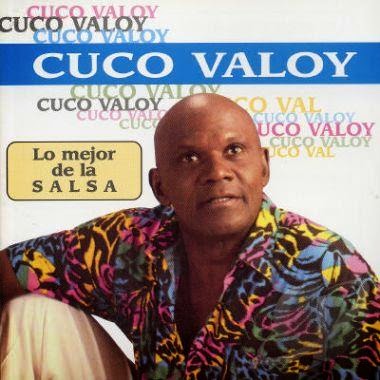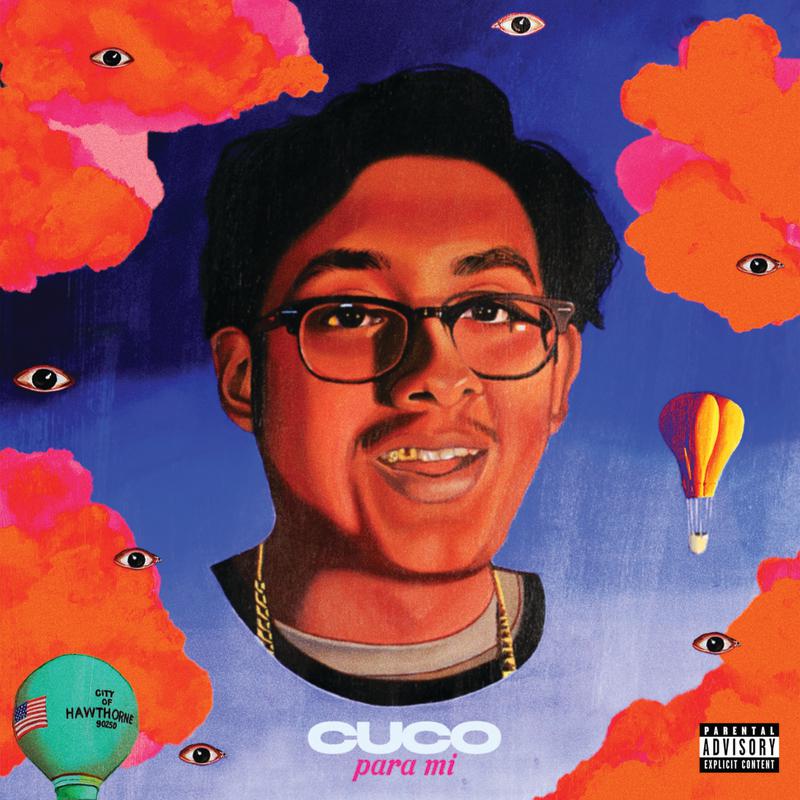

Para Mi is treated to an array of interludes and instrumentals which display the ambition that the other tracks should have shared. The droll, stunted synth-riff in the third act - in place of where a guitar would lie if this was an infinitely less interesting track – is reminiscent of the kind of humour Cuco showed he was capable of in last year’s deliciously witty “CR-V”. “Best Friend” is an exception: a playful concoction of infectious bossa nova instrumentation, switching up the tempo with hip-hop beats. He has at his fingertips a wealth of influences he can draw on: the rock en español and Spanish-language bolero music from his parents the Chicano rap bequeathed from his uncles the psychedelic rock and trap music of his high school friends – and yet, he seems to bypass their most rewarding aspects on the album. While Para Mi fills the Cuco remit of synth-drenched relational eulogies, it fails to fulfil the experimentation Banos promised.
FAR AWAY FROM HOME CUCO FULL
Translating to “For Me”, Banos explains, “Para Mi represents everything I’ve learned so far - but grown up and matured the full picture of me as an artist and where I am today creatively.” The title is fitting: a reclamation of his music as a teenager who went to a gig one day, and never came home. Para Mi is Cuco’s long-awaited debut album, after a smattering of mixtapes and EPs that have established his sonic signature. Perhaps for the first time, Latina girls have found a heartthrob in the nerdy, non-threatening 21-year-old – someone whose songs they can sway to in Spanglish. He is the catalyst of Latinx music breaking into the mainstream: a promise of attainable success for kids from similarly marginalised surroundings.

While he belongs to the vanguard of bedroom pop artists in the league of Billie Eilish and Clairo, all reaching meteoric heights from viral videos, Cuco is far more than that: as a self-identified first-generation Chicano artist, he wears his heart masted to his sleeve in both English and Spanish. Unlike poster-boys of the past, rather than being reared under the hothouse lights of the ‘star-factory’, Cuco marks the rise of a new strain of artist: self-taught, self-producing and bred on the creatively fertile ground of the internet. His lovelorn ballads, sprinkled with synth and psychedelia, are what we scrawled in mad passions as teenagers in our diaries, blushingly shoving our innermost feelings to the bottom of a sock drawer.

Omar Banos’ ideas of love, therefore, were bound to be lofty - his emergence in 2016, with the release of his mixtape Wannabewithu, was founded upon it. He falls - like we all do, for the first time - in and out of love with whiplash-inducing force, tangled up in a trap of love and hate without being sure of the difference.


 0 kommentar(er)
0 kommentar(er)
